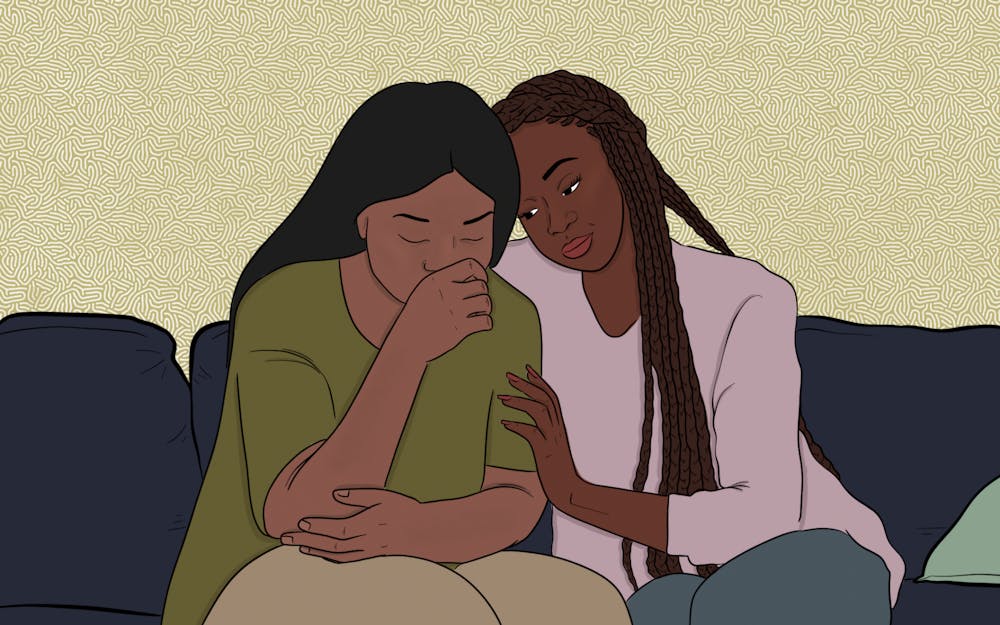The Amber Heard v. Johnny Depp case has taken over the internet in a surprising way. Heard was sued by Depp for defamation in reference to an op-ed she wrote detailing her experience as a victim. The jury ultimately ruled in favor of Depp.
Millions online chose sides and consumed the entire trial as if it were a television show. This disconnect between reality and entertainment opened the door for people to publicly hate Heard without guilt. Depp, perceived as a beloved man with power, did not help her case.
The level of hatred and misogyny being directed toward Heard is astounding, and the case acts as an indicator for how women of color may be treated.
Amber Heard is a white woman who is facing an avalanche of disgust. What does this mean for women of color who want to share their stories?
Famous singer and songwriter FKA Twigs has an upcoming trial against actor Shia Labeouf. Being a Black woman, she is vulnerable to both racist and sexist behavior from the public and her abuser.
Twigs and Labeouf dated from 2018 to 2019. She filed a lawsuit against Labeouf in Dec. 2020, alleging he abused her emotionally and physically. The case will appear in front of a judge in April 2023.
In Elle, Twigs described a trip they took to Jamaica. Labeouf forced her to look at the ground around the male waiters for fear she would be too friendly and give them the wrong idea.
“That Twigs’s white boyfriend was policing her movements in her ancestral homeland, one already burdened with a complicated colonial history, was all the more disturbing, especially given that Black women are statistically more vulnerable to Intimate Partner Violence,” Marjon Carlos, a reporter for Elle, said.
A study done by the Institute for Women’s Policy Research details the disproportionate affects domestic violence has on Black women. More than 40 percent of Black women experience intimate partner violence in their lifetime compared to 31.5 percent of all women.
The stereotype of the ‘angry Black woman’ is an additional obstacle for women of color who wish to share their stories. Research from Harvard Business Review has found that, when Black women display anger, it tends to be associated with the woman’s personality rather than the stressful situation.
Recalling traumatic experiences in front of a courtroom of people can easily incite feelings of frustration and anger, which can then be weaponized and used to prove that the victim is too irrational or hysterical to be taken seriously. This is especially hard to avoid when the crowd is rooting for your failure.
The criteria that women have to fill to be considered a victim is disappointing. Black women, however, will always be put under a harsher lens by both the public and the judicial system. It is important to stand behind the victims who speak with truth, especially when everyone tells them they are wrong.






